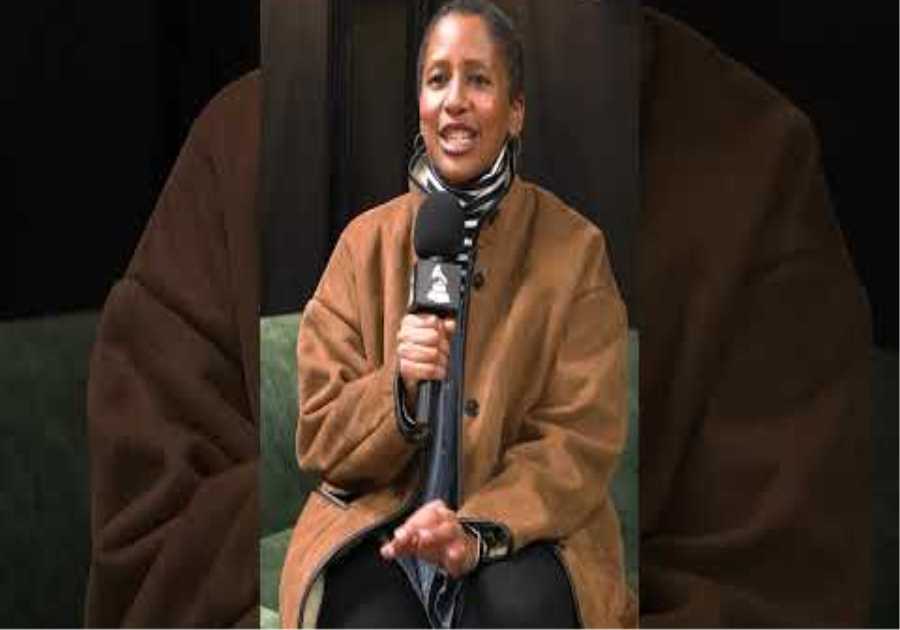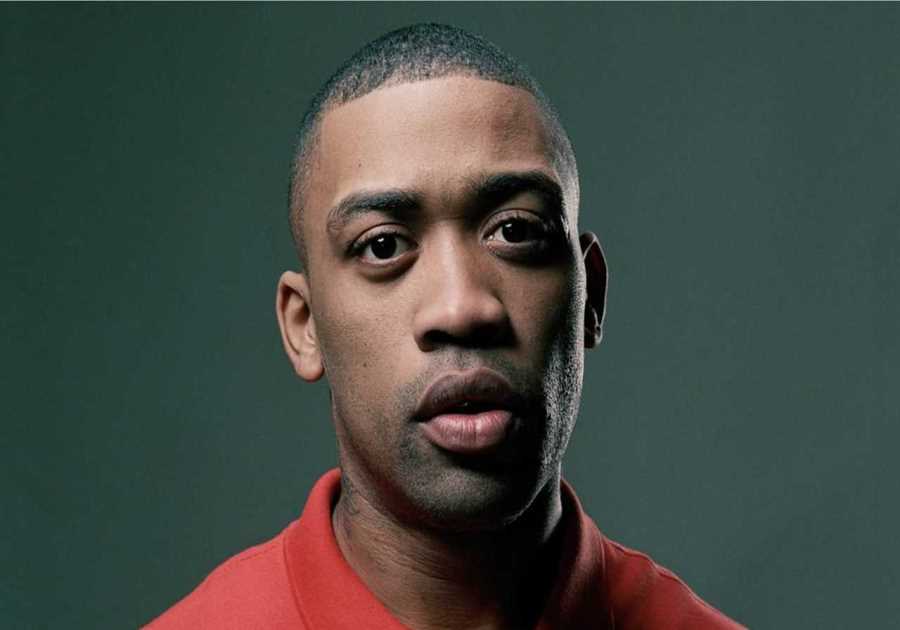July 5, 2021, marks a tragic day in the history of cinema and the world itself: the passing of Richard Donner, the man who brought us The Goonies, the Lethal Weapon series, and Superman. While there is much to be said about this visionary director’s influence over kids’ adventure movies and buddy cop flicks, it’s the mark he left on the future of superhero films that has been the most prolific. He took the campy, laughable caped crusader movies with their “Bang,” “Pow,” action sounds literally spelled out on screen to the effects-driven blockbuster franchises that rule the big screens today.
In earnest, Superman was the first superhero film to take their characters and the genre itself seriously, and without it, we wouldn’t have had the evolution of superhero cinema toward that of our beloved MCU. Before Richard Donner, George Reeves was donning the big ‘S’ in the 1950’s Adventures of Superman TV series, which certainly didn’t attempt to make flight or any of Supe’s other powers respectably realistic on the screen. Meanwhile, Adam West was swinging around as Batman, cape and beer gut flapping in the wind. Viewers at the time appreciated this campiness, however, and enjoyed the sight gags and frivolity displayed before them. But it wasn’t going to sell out theaters.
While Hollywood execs were aware of the money to be made with superheroes, they had no respect for the comic books from which they licensed their characters. They ignored their origins, their principles, and even the intricately created worlds written around them. The movies and serials were cartoonish at best, depicting parodies of the licensed characters, rather than the heroes of men that comic readers had grown to love.
When Richard Donner took the helm of Superman, he was determined to change all that. He wanted to inject all of the protagonist’s mental and physical struggles he saw in the funny pages into his film. From the faithful child of humble farmers, to the alienated teen discovering his powers, to the man of steel himself, Donner wanted to capture the entirety of Superman’s character arc. Before Superman, on-screen heroes never had their shot as fully developed characters, capable of both good and bad, and conflicted in their discovery of their abilities.
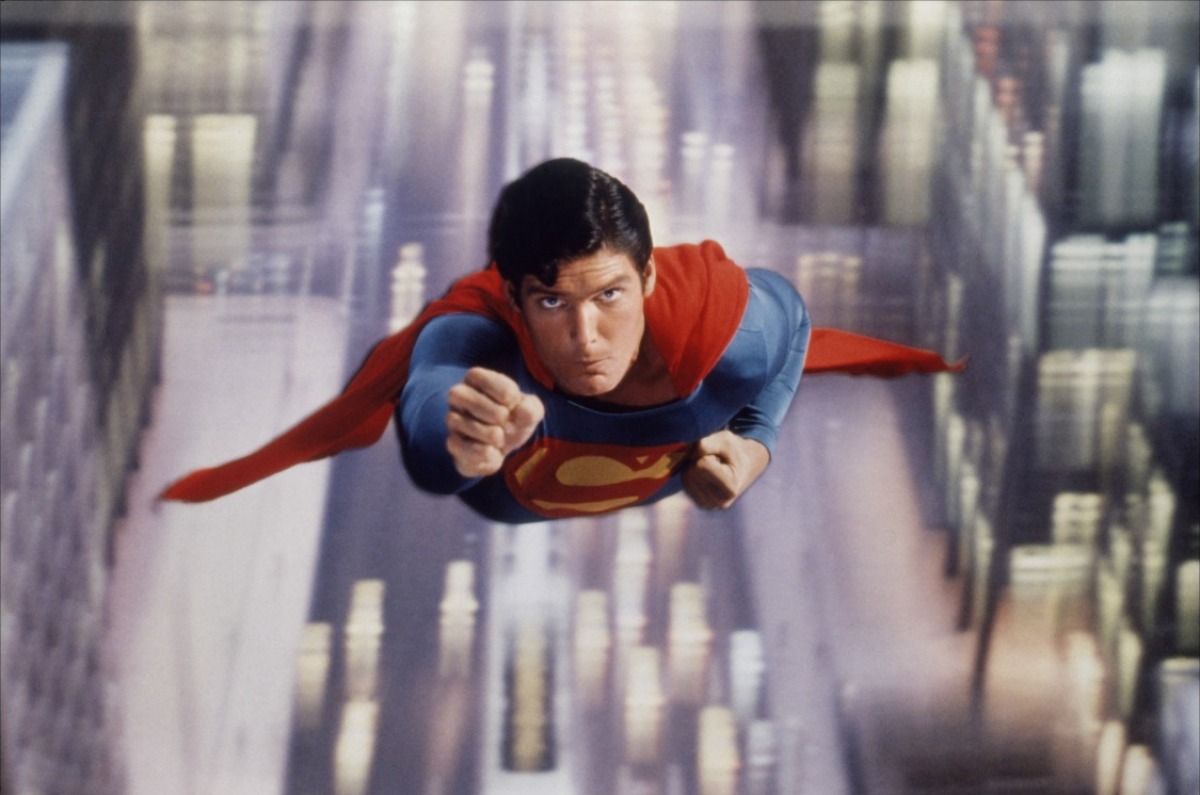
Unfortunately, by the time Donner joined the production, the Superman script had already been written by Mario Puzo. It was a disaster. The screenplay was just as corny, campy, and cringe-worthy as all the superhero flicks and serials that had preceded it. But Donner took a stand. He demanded the script be trashed and that a new interpretation honoring the legacy of Superman be drafted. Tom Mankiewicz, nephew of Citizen Kane writer Herman Mankiewicz, was tapped to rewrite the script.
The new version was everything Donner could have hoped for. It had an origin story faithful to its comic book beginnings, complete with baby Supe’s launch toward Earth, Krypton’s destruction, and his childhood as a farmboy confused by the powers that manifested in him and not his peers. He took his time fleshing out the character of Clark Kent, making audiences feel for the boy, before he introduced viewers to the Man of Steel himself. In other words, Richard Donner pushed character development and relatable drama into the superhero film genre.
Another big problem with the Superman production was that the effects team intended to use the same technology to simulate flight as they did on Adventures of Superman. Donner would have none of it – so much so that he made the movie’s tagline, “You’ll believe a man can fly.” The beginnings of this monumental technological effort began with Donner’s experience on his very first film, X-15, about NASA’s rocket program of the same name. The knowledge of aerodynamics he learned on that film had a large part to play in Superman’s on-screen flight. And Christopher Reeve, the man who wound up donning the suit and cape, happened to be an experienced glider pilot, which didn’t hurt the film’s illusion of flight one bit.
And so, Richard Donner reinvented the superhero movie into something both children and adults could enjoy: A compelling, character-driven drama with all the action and spectacle of a comic book. He went on to produce X-Men, one of the first massively successful ensemble superhero movies, to which The Avengers franchise owes much of its formula.
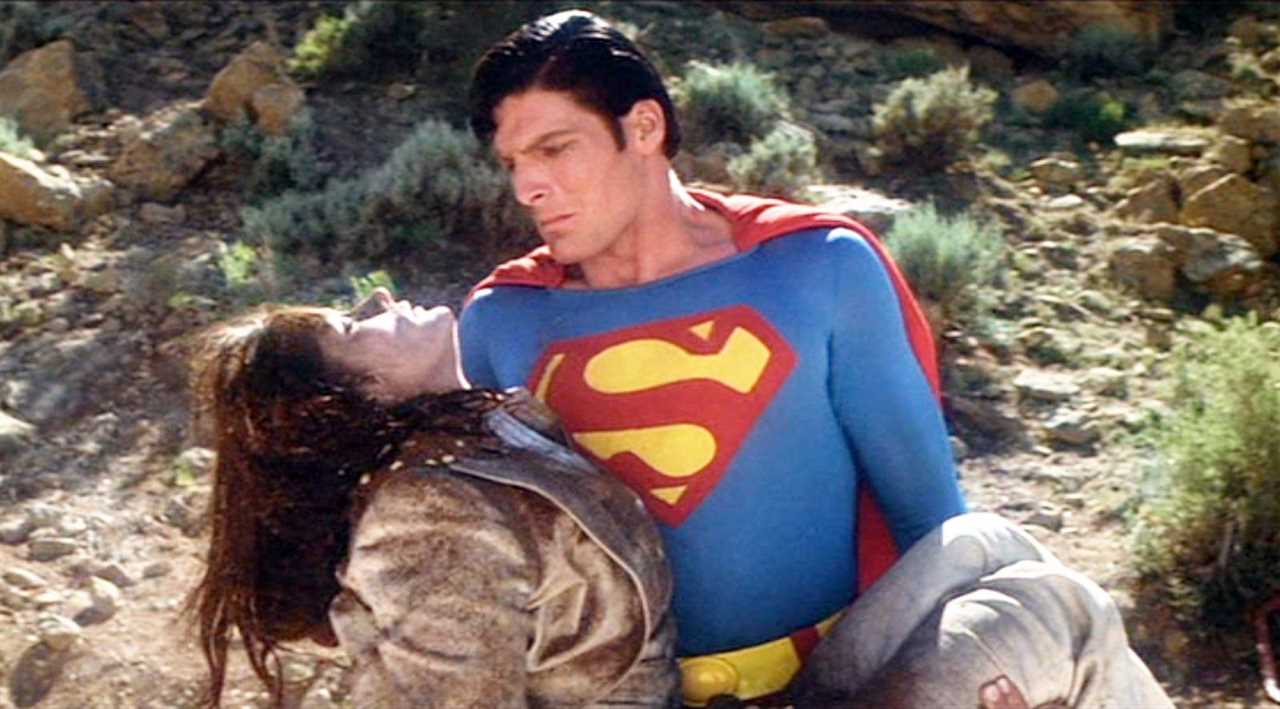
From there, things were set in motion that would change the landscape of comic book films forever, with the exception of the cartoonish bomb that was Batman and Robin. Heroes suddenly had feelings and motivations outside of save the girl, save the planet, save the day. Romances were taken seriously, as much between Batman and Vicki Vale as between Superman and Lois Lane in Donner’s movie. Peter Parker suddenly had high school bullies and finals to worry about, on top of defeating Green Goblin and Doc Oc. And the Avengers weren’t all great pals when the franchise started, and got into heated battles with each other, an element that was given birth to in X-Men, between Wolverine and Cyclops. Being a superhero was no longer just a question of whether the good guy could take down the bad guy. The life of the hero’s alter-ego became just as complicated, if not more so, than the suit he donned at night. Richard Donner made this happen.
But that’s not where Donner’s effect on modern comic book movies stops. Both Marvel Studios president Kevin Feige and DC Films co-chairman Geoff Johns worked at the production company Donner ran with his wife, Lauren Schuler Donner. Feige and Johns loved Superman as children, so much so that they were compelled to seek internships with the man behind the movie. It wasn’t long before their obvious talent and knowledge of genre films led to Johns’ promotion to assistant to Donner, and Feige’s promotion to assistant to Schuler Donner.
In the words of Feige, "In addition to being great producers, the Donners developed and produced two of the most seminal films in the superhero genre – Superman and X-Men. Why not work for the company that started it all? For a film student and comic book fan like me, there was no better place to merge my two passions." Superman’s influence on the MCU is so immense, in fact, that Feige has made it publicly known that his crew watches the film before each new project.
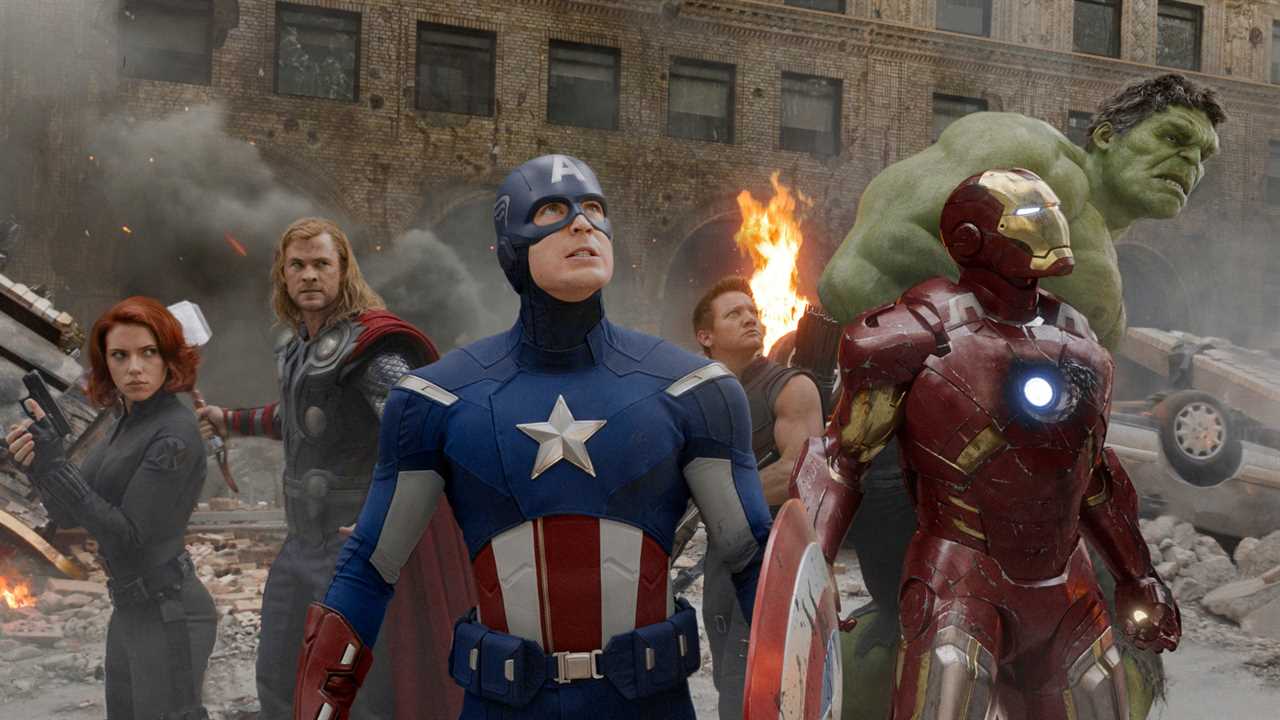
Johns had similar respect for the Donners, himself blessed to have worked with them on X-Men. Johns has always been happy to credit the Donners for the success achieved by himself and Feige. “Dick and Lauren not only have unbelievable talent when it comes to creating and producing films like X-Men and Superman – movies with action, fantasy, and heart – they are also two of the most generous and inclusive people in the business," Johns once told Newsarama.
The influence and cinematic education provided by Richard Donner to Feige and Johns have made the MCU and DCEU not only possible, but wildly successful. Those who love caped crusaders owe this man a great debt of gratitude, not only for his own historic contributions to the genre, but for the quality of just about every other comic book movie that has followed. Thank you, Richard Donner, for making us believe a man can fly.
-----------------------
By: Jason Robbins
Title: How Richard Donner Changed Superhero Movies With Superman
Sourced From: collider.com/richard-donner-superhero-movies-impact-influence-superman-x-men/
Published Date: Tue, 13 Jul 2021 15:15:00 GMT
Did you miss our previous article...
https://ballerawards.news/movies/chris-hemsworths-deleted-loki-scene-has-been-revealed

